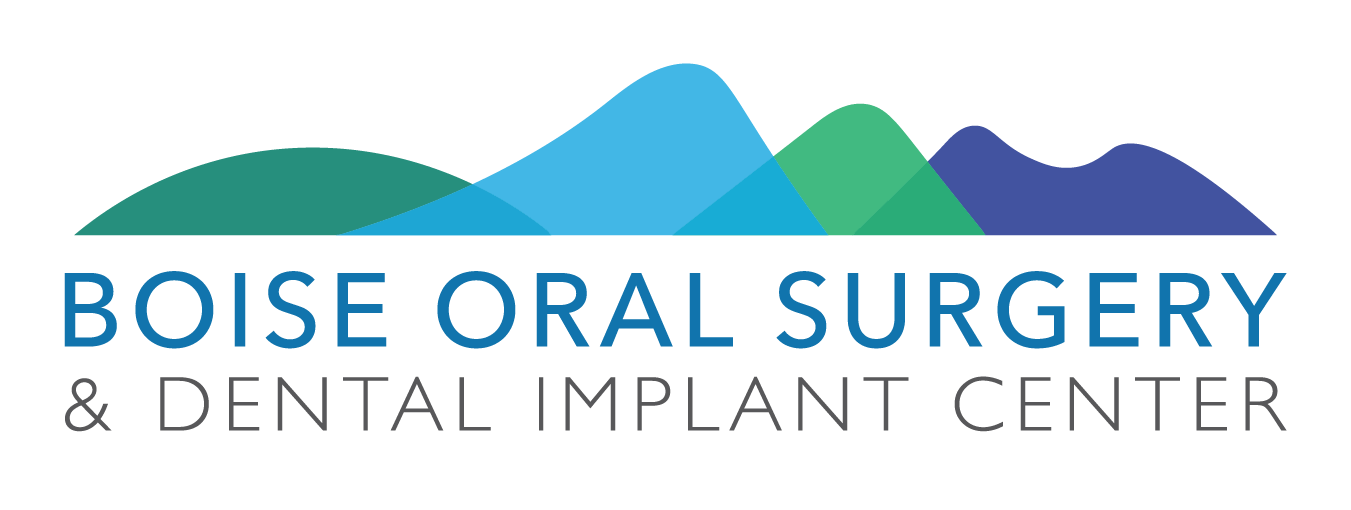All it takes is a tiny bit of jaw misalignment to cause trouble eating, speaking, and even breathing.
This can be a debilitating condition that causes the victim significant pain and impedes many everyday functions. It can make it difficult to hold a job or participate in activities with friends. Further, it can lower your self-confidence around others if you have a jaw shape that’s irregular.
Misaligned jaws can have several causes, but whatever their cause, jaw correction surgery will massively improve your quality of life. However, it might be difficult to know when and if you need jaw surgery
Keep reading to find out if you might be in need of corrective jaw surgery.
Causes of Jaw Misalignment
Generally speaking, there are only three causes of jaw misalignment:
- Congenital birth defects
- Poor development as the jaw and teeth grow
- Traumatic accidents
Oftentimes the TMJ (temporomandibular joint) that connects the mandible to the maxilla can cause jaw misalignment. This disorder can happen either when there is an issue with the joint, or with the ligaments and muscles that surround it.
Congenital Causes
The structure of the face is extremely important for eating, breathing, and talking. When the symmetry of the face is uneven, this can lead to irregularities, often manifesting in unilateral (irregularities specific to one side of the face) or bilateral (affecting both sides of the face) types of facial asymmetry. Poor facial symmetry leads to the symptoms mentioned down below.
This can affect teeth growth, causing teeth that are “canted,” meaning they are slanted at the wrong angle. It can also affect the orientation of the chin. Poor facial structure may also lead to sinus blockages and eye pain.
Teeth Misalignment
A crooked jaw can cause crooked teeth. This may lead to impacted teeth or loss of teeth. It may also make it difficult to get braces or other types of dental correction.
Since teeth are essential to eating, this can make your meals a less-than-pleasant experience. Dental implants or other procedures may help you to fix teeth damaged by jaw misalignment.
Trauma
A broken or fractured jaw following a car accident or fall may fail to heal correctly. The mandible and maxilla may repair these fractures at an awkward angle that impairs your ability to speak or eat.
Symptoms of Jaw Misalignment
Jaw misalignment doesn’t just impede the use of your mouth, it can damage the health of bones, teeth, ligaments, muscles, and even the gums. If you experience any of the below symptoms, this may be a sign that you have a misaligned jaw:
- Pain along the shoulders or in the back.
- Headaches, especially in the temples
- Tightness or pain in the jaw, including grinding or clicking
- Ears that you regularly need to pop
- Regular ringing or buzzing
- Overbite or underbite
- A low upper jaw, or open bite and stretched facial appearance
- Loss of teeth and wearing down of tooth surfaces
- Severe gum recession
- Loose teeth
Additional Symptoms
In addition to these symptoms, you may have trouble eating. A misaligned jaw can make it difficult or even painful to bite, chew, and swallow.
Sleep apnea is also common with jaw issues. Since your breathing is obstructed, you may have difficulty getting oxygen while asleep, or you may snore constantly–disrupting your own sleep and the sleep of others.
Difficulty speaking, characterized by slurred speech or difficulty formulating words, may also be a sign that you could benefit from jaw realignment.
A protruding jaw or receding chin (known as overbite and underbite respectively) can affect all of the above and are common causes of misalignment.
Jaw Correction Surgery
Before getting a consultation, make sure you get in contact with a professional surgeon you can trust. The last thing you want is for a poorly-done surgery to make things worse!
During your consultation, let your doctor know what you have in mind. You may not be interested in fixing facial asymmetry. If your intention is only to relieve pain and the symptoms of jaw misalignment, this will change the course of your treatment.
However, if you have a vision of how your face should look, share that with your doctor. As mentioned, many who suffer from unilateral or bilateral jaw irregularities may feel a drop in self-esteem from the shape of their face.
Dental Procedures
In some cases, you don’t want something as invasive or taxing as full jaw surgery. You just want to correct or replace your teeth and get back the healthy smile you once had before.
The pain and discomfort you feel could be the result of impacted wisdom teeth. Wisdom teeth removal is less invasive, more affordable, and may provide the solution you were looking for without further surgery.
Underbite Surgery and Overbite Surgery
Jaw surgery that corrects overbite or underbite will tend to be the most invasive of all the surgeries on this list. However, the result may be life-changing. Read stories on the internet of those in a similar position to you, and do some risk assessment on whether or not you should go the route of corrective jaw surgery.
That said, trust your doctor! They’ve seen it all before, and they will likely know exactly what you need to get your quality of life back. Jaw realignment is a tricky thing, but professionals in the industry are able to diagnose your condition with accuracy.
Giving You Back Your Smile
Small things can make the biggest changes. You might be surprised how much better life can get after a jaw correction surgery. Whether it’s for pain relief or making eating easier, these small changes lead to a greater overall effect on your day-to-day life.
So what are you waiting for? Request a consultation today and get the jaw correction surgery you need.

